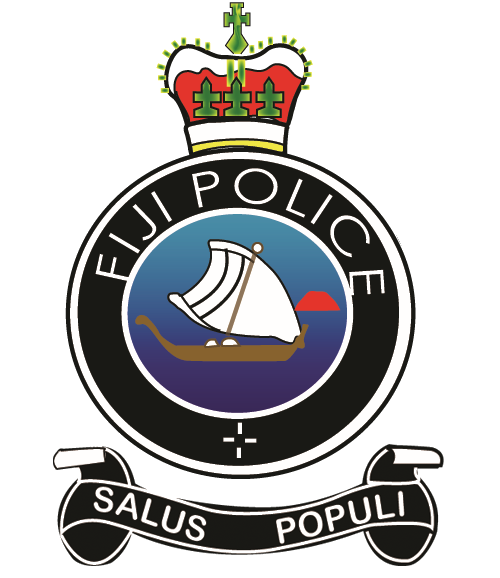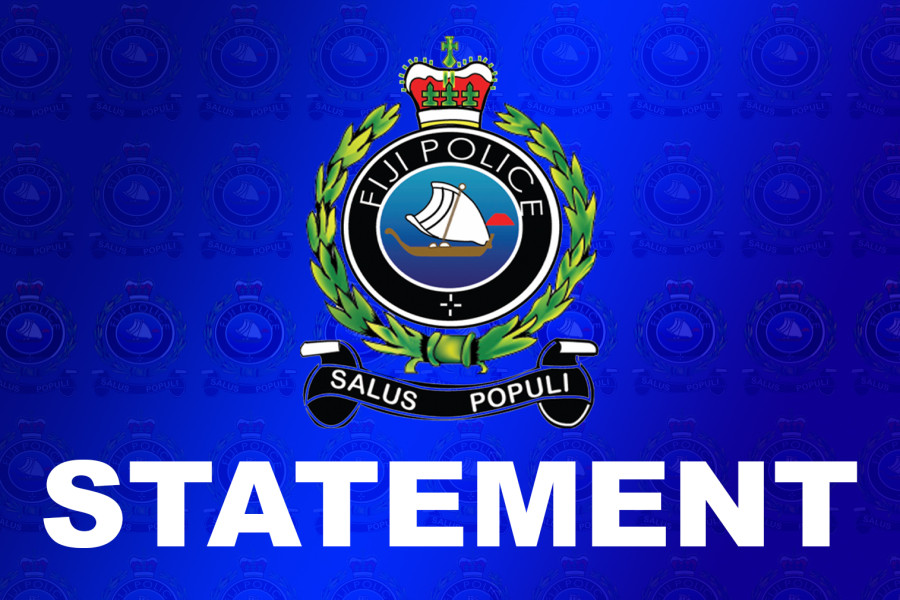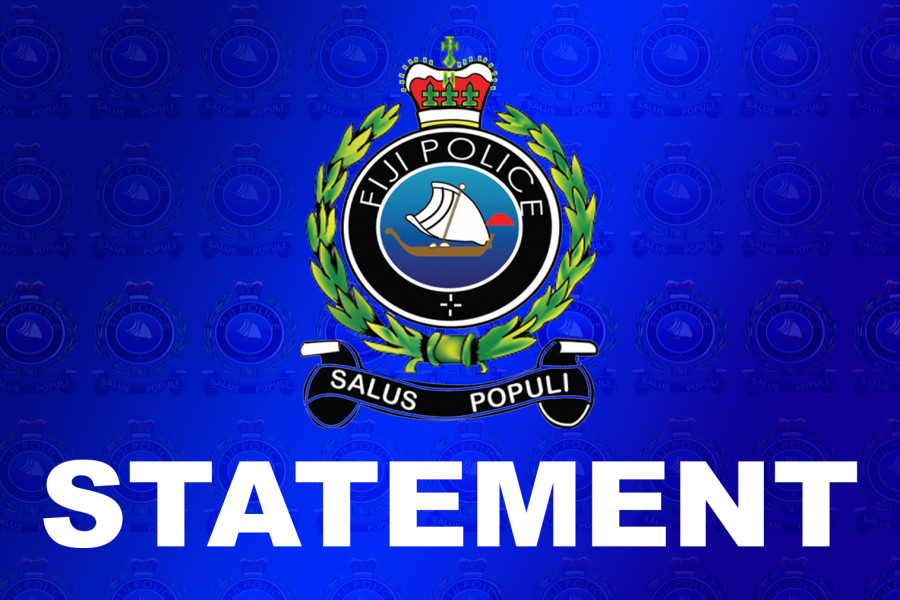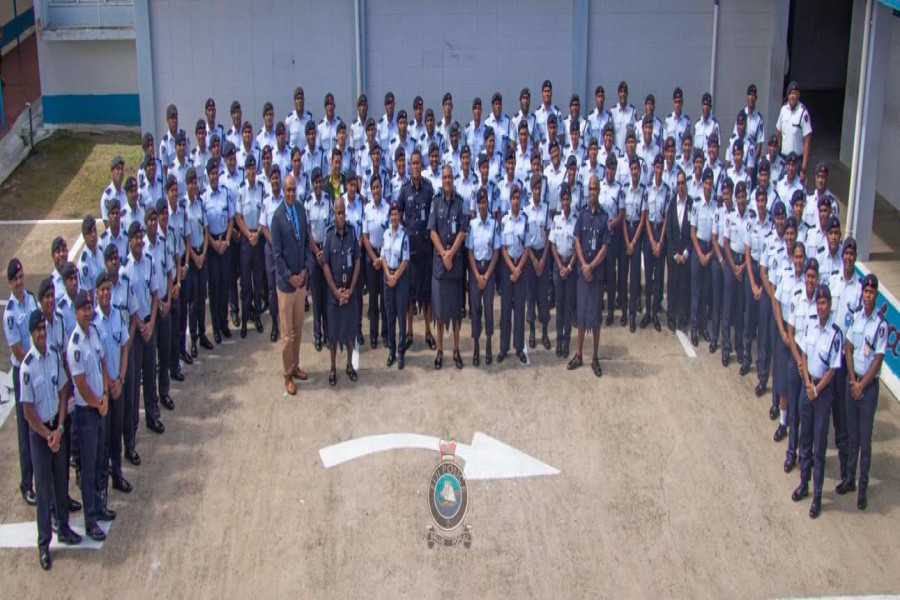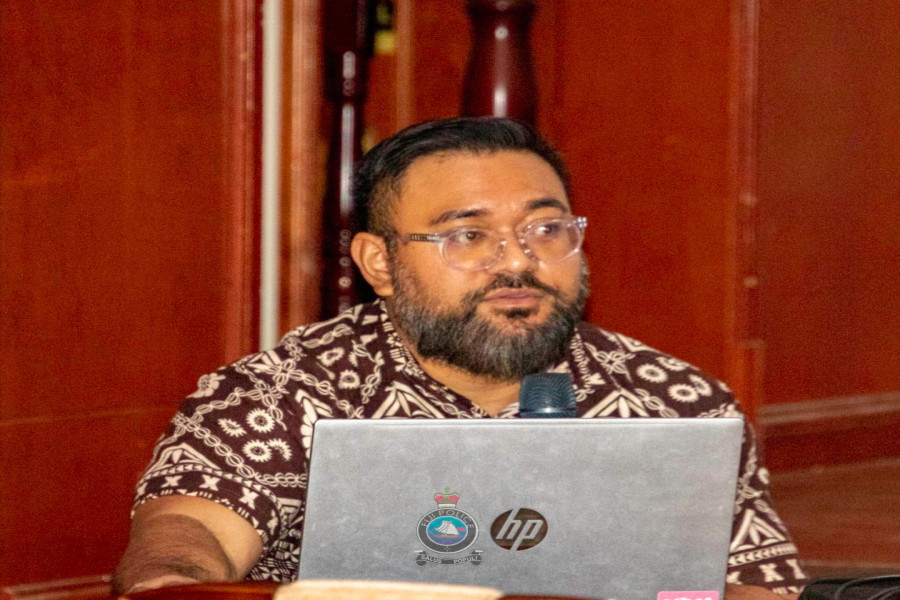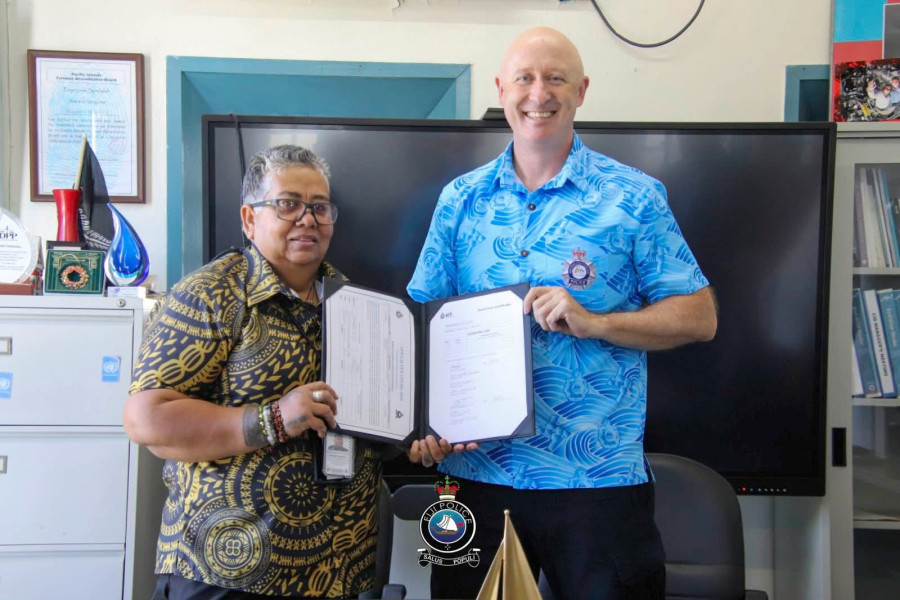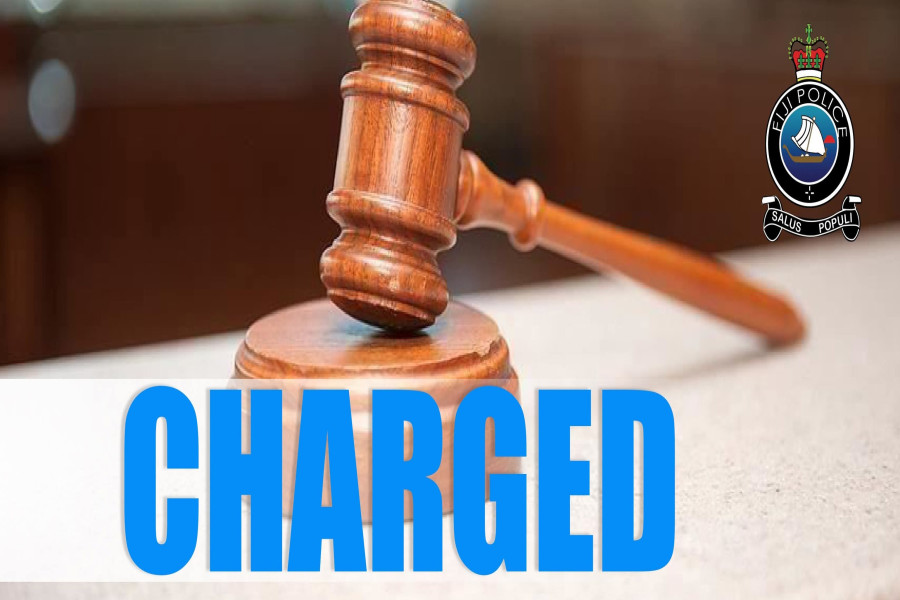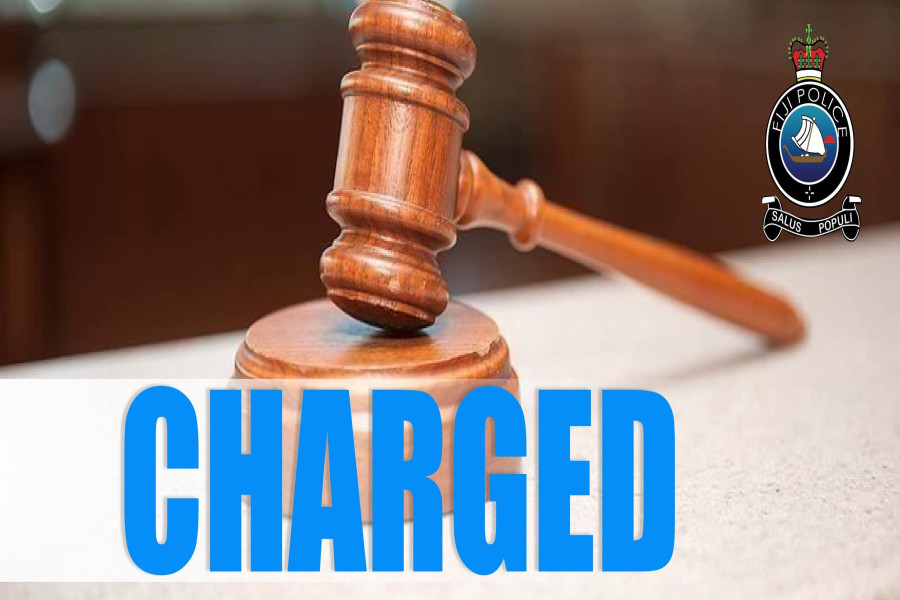Pacific Transnational Crime Network zoom Meeting
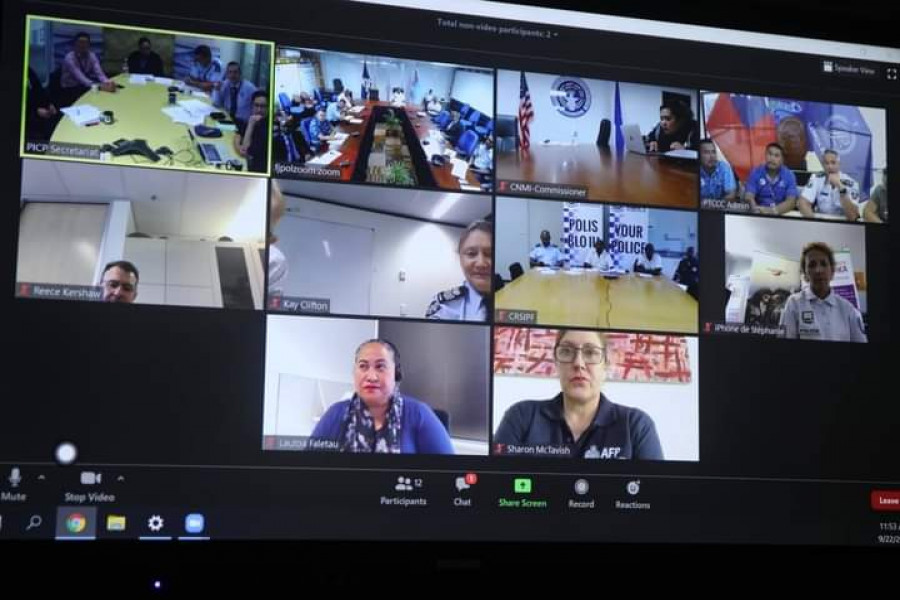
A zoom meeting was held today with members of the Pacific Transnational Crime Network to discuss challenges faced by Pacific regional law enforcement agencies during the 2019 to 2020 period.
The meeting was Chaired by the Samoan Police Commissioner Egon Keil and in attendance were Commissioner’s from Fiji, Australian Federal Police, Solomon Islands, Commonwealth of Northern Marianas, representatives from New Caledonia, New Zealand Police, New Zealand Customs, Niue Police and members of the Pacific Islands Chiefs of Police Secretariat.
The Pacific Transnational Crime Coordination Center is located in Apia, Samoa and is the core of the PTCN and manages, coordinates and enhances law enforcement intelligence provided by the 26 Transnational Crime Units based in twenty Pacific Island countries.
Discussions revolved around the overview of the Pacific crime situation as per intelligence gathered by the 26 TCU’s.
These included illicit drugs as cocaine and methamphetamine continue to be the most seized imported illicit drugs whilst cannabis remains the most commonly used and traded illicit drug in the Pacific.
Organized crime, financial and cybercrimes also recorded increased reporting across the region.
It was highlighted that there was increased reporting across the region on cyber bullying and scams and targeting of individuals through social media platforms.
While the COVID-19 pandemic had created a change in the transnational criminal activity in the Pacific, PTCN members were reminded that it did not mean that organized crime groups had completely halted their operations as they would find alternative ways to commit their crimes.
Commissioner Keil said it was important to strengthen and enhance information sharing amongst PTCN member countries.
Fiji’s Acting Commissioner Rusiate Tudravu acknowledged the work of the PTCCC and the 26 TCU’s and supported the call to enhance training and information sharing capabilities for the sake of a safer Pacific region.
The PTCN motto of "Working together as one for a safer Pacific" is reinforced through the continuing operational successes that have resulted from the sharing of intelligence and information through the PTCCC and the TCUs.
